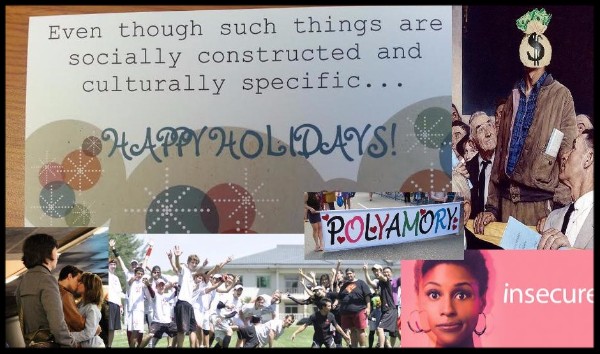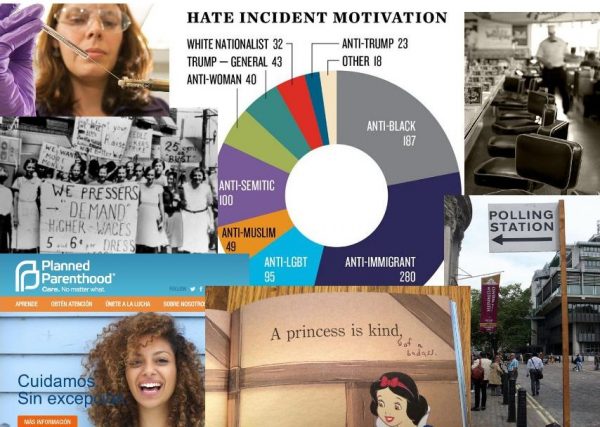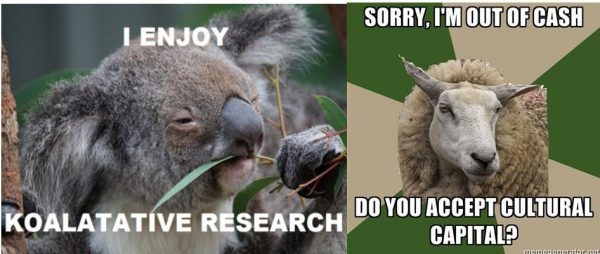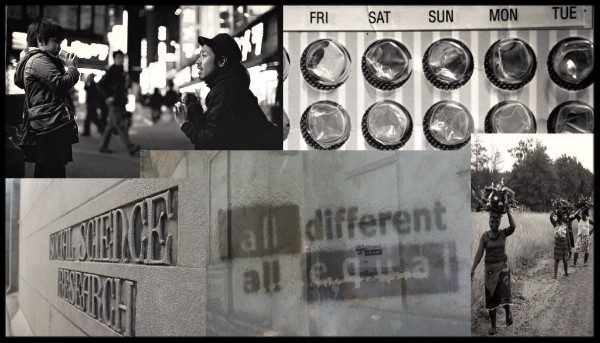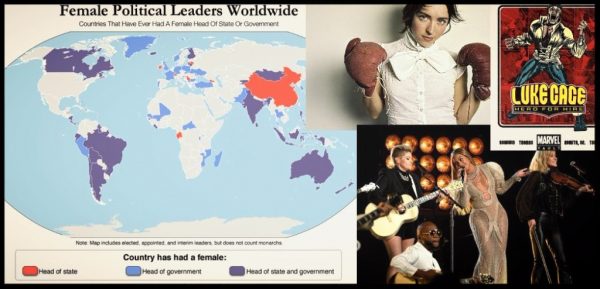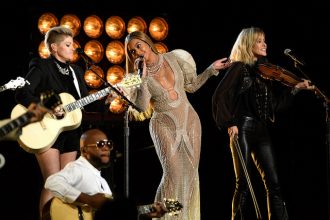I was in the 8th grade, in 1980, when Ronald Reagan got elected. As much as my white, southern Missouri friends idolized him, I was terrified. For reasons I only vaguely perceived at the time, I thought he was going to plunge us into war, into a global nuclear holocaust. I felt like he was mean to those who were already marginalized and downtrodden (not words I actually would have used then). His upbeat, moralistic new “morning in America” schtick rubbed me the wrong way. Also Reagan just didn’t seem smart enough to warrant such a post. Believing that a president was supposed to be the best and brightest among us, I preferred the cerebral, deeply spiritual, cautious-to-a-fault incumbent, Jimmy Carter.
Carter wasn’t popular in my class, in my family, in my town, or my state. I was only one of two kids in my class who supported Carter in our little, pre-election caucus—the other was an awkward, unpopular kid who had just recently moved to our town and school. I wasn’t entirely surprised. I went to a Missouri Synod Lutheran grade school, my friends (outside of sports) were exclusively white, and my hometown (Cape Girardeau) also happens to be the place that produced Rush Limbaugh. If anything, I may have been most surprised with myself for breaking with all of the folks I knew so well and thought I had so much in common with.
The depth of the divide I encountered also surprised me. I remember how my classmates—my friends, again, kids who I had grown up with and I thought were just like me—mocked and ridiculed Carter, the Sunday School teacher and military man, even as they celebrated Reagan who had come to fame as a Hollywood actor. How did that work? I’m not just talking about the silly mustaches and devil horns they drew on the Carter campaign literature my sorry ally and I passed around the room. They were deeply scornful of Carter, convinced that he was bringing ruin upon our country. They thought I was crazy for supporting him, and used strange lines I’d later realize came out of familiar anti-communist lingo to say so. They were as serious about this as I was about my own private fears. They really seemed to think Carter was somehow evil and anti-American. It was so puzzling to me. Looking back, I realize it wasn’t just Reagan that I found so upsetting but the cultural chasm that I was beginning to see. I mean, my friends were terrified about political and social and economic things as well, but their fears were almost diametrically opposed to mine. In fact, you could probably say that my whole career has been predicated on trying to understand such differences and divisions, especially on the racial front.
I didn’t share any of this with anyone really back in 1980. In fact, I don’t remember doing any other politicking for Carter after the debacle of the class caucus. Politics, in my family at least, was better left to others, almost embarrassing to acknowledge openly. Politics, in other words, was personal–but strictly personal, completely private. But I remember feeling scared, perplexed, demoralized. Even sick, physically sick.
Of course today what I’m thinking most about is that I encountered a lot of those same, familiar feelings and fears last night and waking up again this morning. I should be careful here. Trump is no Reagan. His rhetoric has been far more extreme, and as my friend and colleague Chris Uggen says, he’s “unmoored” personally and politically in ways that make this even more anomic and we really have no idea what he will actually do. All of this just adds to the anxiety. And it is not just me. That’s probably my first thought and most important point. Many of my closest friends and family in Minnesota and around the country are experiencing such thoughts and fears, many even more deeply and profoundly than I.
I think it is important to share that with each other today, to not try to grapple with this individually and on our own but to do so openly and collectively and even across the usual political lines if possible. This is about taking care of each other and ourselves. It is about healing and reflection. It is about moving forward and preparing for next steps. And while things today may still be too raw for real, thoughtful processing and planning, that is also what we probably need to at least prepare ourselves to do.
So here’s what I’m trying to remember today, in light of the past, and will try to build upon in the coming weeks and months.
–I’m trying to remember that we’ve been through this—at least a version of this—before.
–I’m trying to remember that the world didn’t end in my childhood, that social change is hard, and that political processes play out over decades and generations.
–I’m trying to remember that America has been a very divided, polarized society for a long time, and all recent elections have been very close.
–I’m trying also to remember that good things sometimes come out of bad ones. As my colleague Michael Goldman observed, “some of the most progressive changes we see today came from collective action once Reagan…was elected.”
–I’m trying to remember that part of my job is to go back and read and think and try to understand what has happened, why it is happening, and how we might respond.
–And I’m also remembering that my attempt to understand both my own feelings and reactions from the 1980s as well as those of folks all around me at the time (perhaps especially those of folks around me) helped propel me to study and think and engage the way I did in high school, to choose the college I went to, and to enter into the field and career I have spent my entire life working in. Sociology is a noble calling, and we need it now more than ever.
–I’m trying to remember that the nation is vast, containing multitudes.
–I’m trying to remember that as dejected and demoralized and downright despondent as I and some of my closest family and friends may be, I’ve got other friends and lots of family who felt that way when things turned out differently in other election cycles.
–I’m trying to remember those Americans most likely to be most hurt by the politics of 2016 (and that it is probably not my closest family and friends nor me or any of my colleagues).
–I’m trying to remember that it’s not just feelings, politics, and rhetoric we need to attention to, it is social conditions and actual programs and policies.
–I’m trying to remember not only that have we been through this before, but that our institutions have proved strong and resilient.
–I’m trying to remember that this nation can be good.
And, for what it is worth, I also know that the sun did come up today, even if it was accompanied by the first hard frost of the season here in the Twin Cities.
